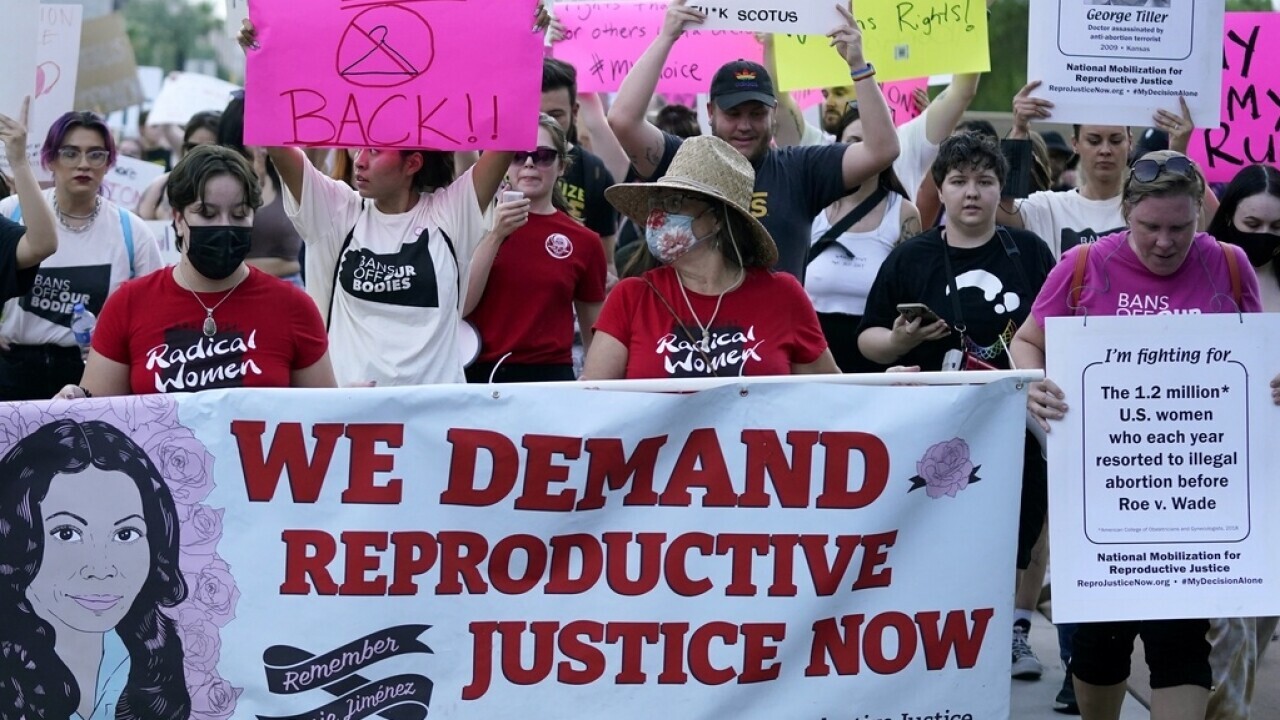The Arizona Supreme Court recently upheld an 1864 law banning all abortions in the state except those deemed necessary to save the mother’s life. This decision was based on the premise that with the overturning of Roe v. Wade, there’s no federal or state law preventing the enforcement of this historic statute. However, the court temporarily stayed enforcement for at least 14 days to allow ongoing abortions while further legal arguments on its constitutionality proceed.
In the ruling, Justice John R. Lopez IV highlighted that without the federal constitutional abortion right, and given that the 15-week abortion law passed in 2022 relied on a now-invalid federal right, the 1864 law becomes enforceable. This law would penalize doctors who perform abortions with imprisonment unless it’s necessary to save the mother’s life, posing a significant restriction.
Arizona Governor Katie Hobbs expressed dismay over the decision, labeling the abortion ban as one of the most extreme in the nation. She criticized the lack of exceptions for victims of rape or incest and those facing pregnancy complications. Hobbs urged the state legislature to repeal the 1864 law immediately to avoid further confusion and disruptions in healthcare access.

Arizona Court Keeps 1864 Abortion Law, Except for Saving Mothers’ Lives (Credits: WEWS)
There’s ongoing activism surrounding abortion rights in Arizona, with activists gathering enough signatures to potentially introduce a measure on the November ballot. This proposed constitutional amendment aims to establish abortion as a fundamental right in Arizona’s state constitution, allowing abortions until approximately the 24th week of pregnancy unless deemed necessary by healthcare professionals to protect the mother’s life or health.
The 1864 law has sparked controversy due to its stringent restrictions, prompting calls for legislative action to address the issue. Critics argue that such laws impede women’s autonomy and access to essential healthcare services. The debate surrounding abortion rights continues to be a divisive issue in Arizona and across the United States, with both legal and moral implications at stake.
The fate of abortion rights in Arizona remains uncertain as legal battles and advocacy efforts persist. The outcome of the proposed constitutional amendment could significantly impact access to reproductive healthcare in the state, highlighting the ongoing struggle between opposing viewpoints on abortion rights and restrictions.























